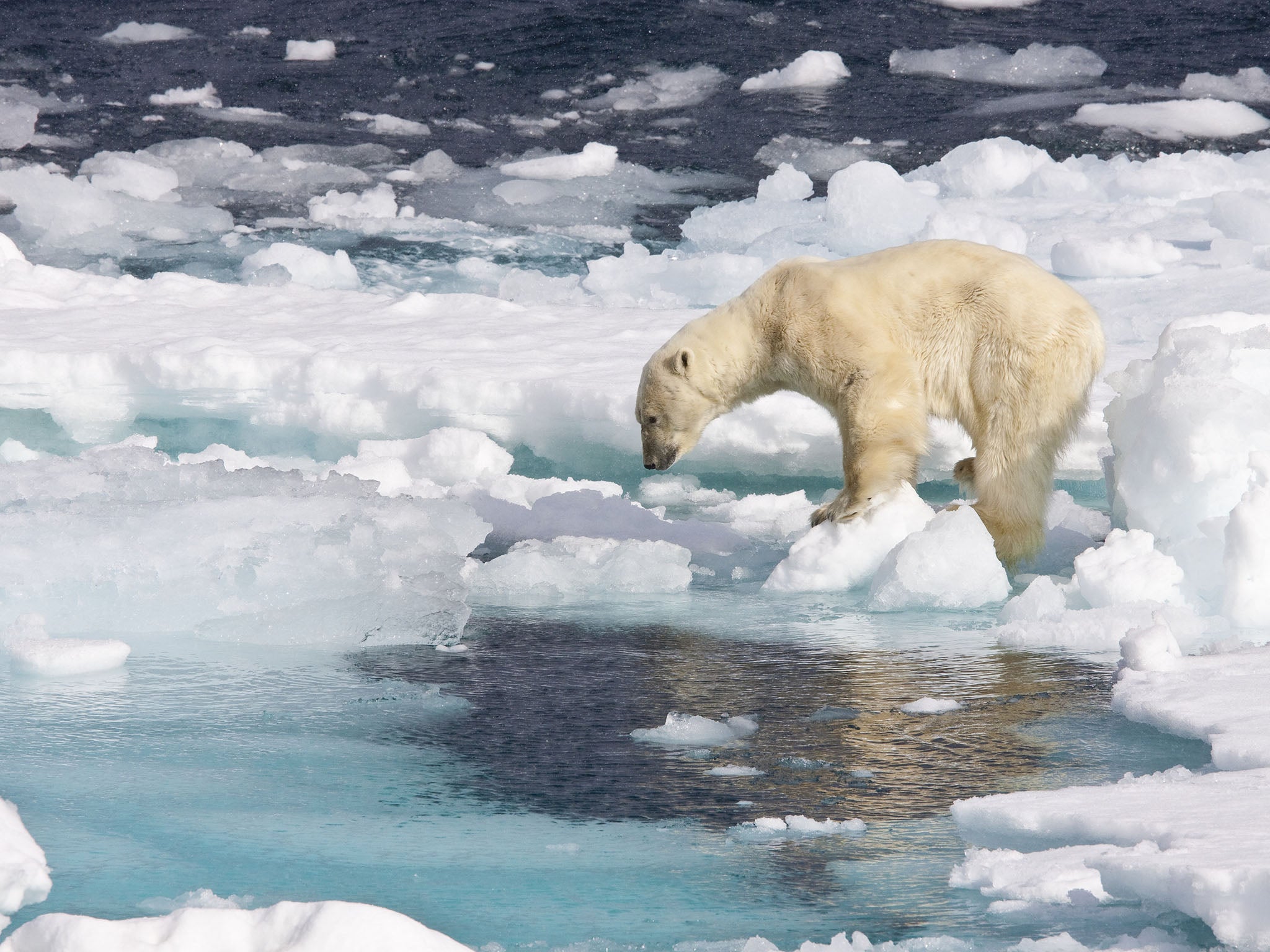What burning all remaining fossil fuels would do to the planet
Temperature rise would make large areas of the globe uninhabitable

Your support helps us to tell the story
From reproductive rights to climate change to Big Tech, The Independent is on the ground when the story is developing. Whether it's investigating the financials of Elon Musk's pro-Trump PAC or producing our latest documentary, 'The A Word', which shines a light on the American women fighting for reproductive rights, we know how important it is to parse out the facts from the messaging.
At such a critical moment in US history, we need reporters on the ground. Your donation allows us to keep sending journalists to speak to both sides of the story.
The Independent is trusted by Americans across the entire political spectrum. And unlike many other quality news outlets, we choose not to lock Americans out of our reporting and analysis with paywalls. We believe quality journalism should be available to everyone, paid for by those who can afford it.
Your support makes all the difference.Burning all fossil fuels on earth over the next 300 years would increase temperatures in some areas of the globe by up to 20C, resulting in catastrophic impacts to life on our planet, a new study warns.
The paper, published in Nature Climate Change, examines the effects if we continue to burn coal, oil and gas with no effort to limit emissions.
Global average temperatures would soar by 10C (50F), while the arctic, where temperatures in February year were already 16C above average, could see temperatures soar by 20C, researchers found.
Such profound temperature changes would see devastating sea-level rises affect low-lying countries, while high temperatures would increase the impact of extreme heatwaves in countries with hot climates, making them uninhabitable.
Rainfall would decrease in Australia, the Mediterranean, southern Africa, the Amazon, central America and North Africa.
Meanwhile, levels of rainfall in the tropical Pacific would quadruple, the report’s authors say.
“It is really important to know what would happen if we don’t take any action to mitigate climate change,” said Katarzyna Tokarska of the University of Victoria in Canada, who led the research.
“Even though we have the Paris climate change agreement, so far there hasn’t been any action. [The research] is a warning message.”
Last year’s Paris climate change agreement set a goal of keeping global warming below 2C.
The new research is a stark warning of what could happen if efforts are not made to keep within agreed carbon emissions limits.
The temperature rises would have a rapid impact on polar and tropical rainforest ecosystems, according to Professor Camille Parmesan, an expert in marine life at Plymouth University.
Speaking to CarbonBrief.org she said: “The temperature and precipitation changes [the report] project… are way out of bounds for several ecosystems. This is no big surprise, since even what is viewed as ‘moderate’ warming will cause loss of Arctic sea ice, and hence the entire ecosystem adapted to sea ice.”
An 8C-10C rise in temperatures could even wipe out some of the planet’s most common ecosystems she explained.
“Grasses didn’t evolve until CO2 was low enough that grasses could out-compete trees. At least one research group has predicted loss of grasslands at very high CO2… [It is] likely these types of extreme climate changes would lead to a 6th mass extinction event,” she said.
But even if global warming is successfully limited to a rise of just 2C, as the Paris agreement aims to do, previous research indicates this small rise in temperature could mean sea levels will rise a devastating six metres (20ft) above current levels.
Global sea levels have risen by about 200mm (8in) since 1880, which has resulted in worse flood damage from hurricanes and typhoons.
Join our commenting forum
Join thought-provoking conversations, follow other Independent readers and see their replies
Comments